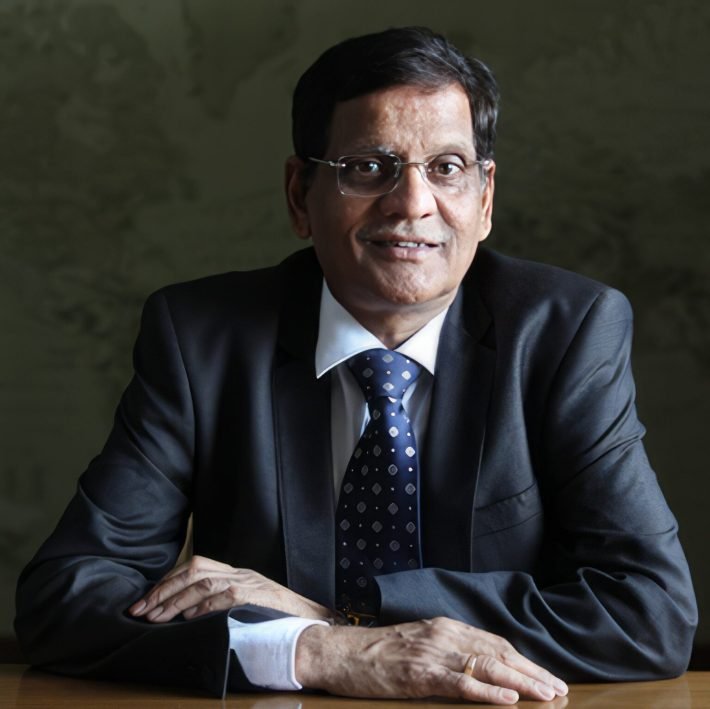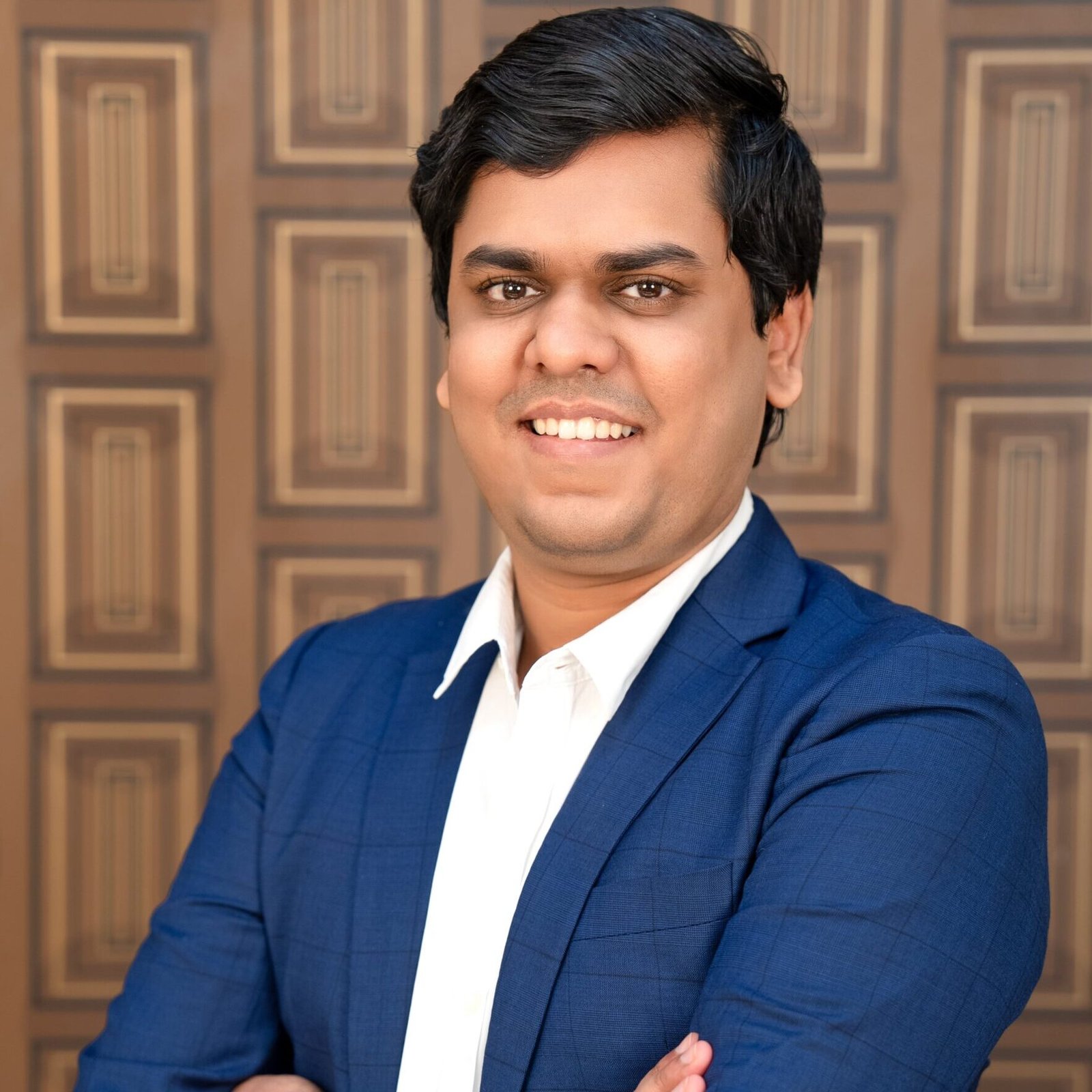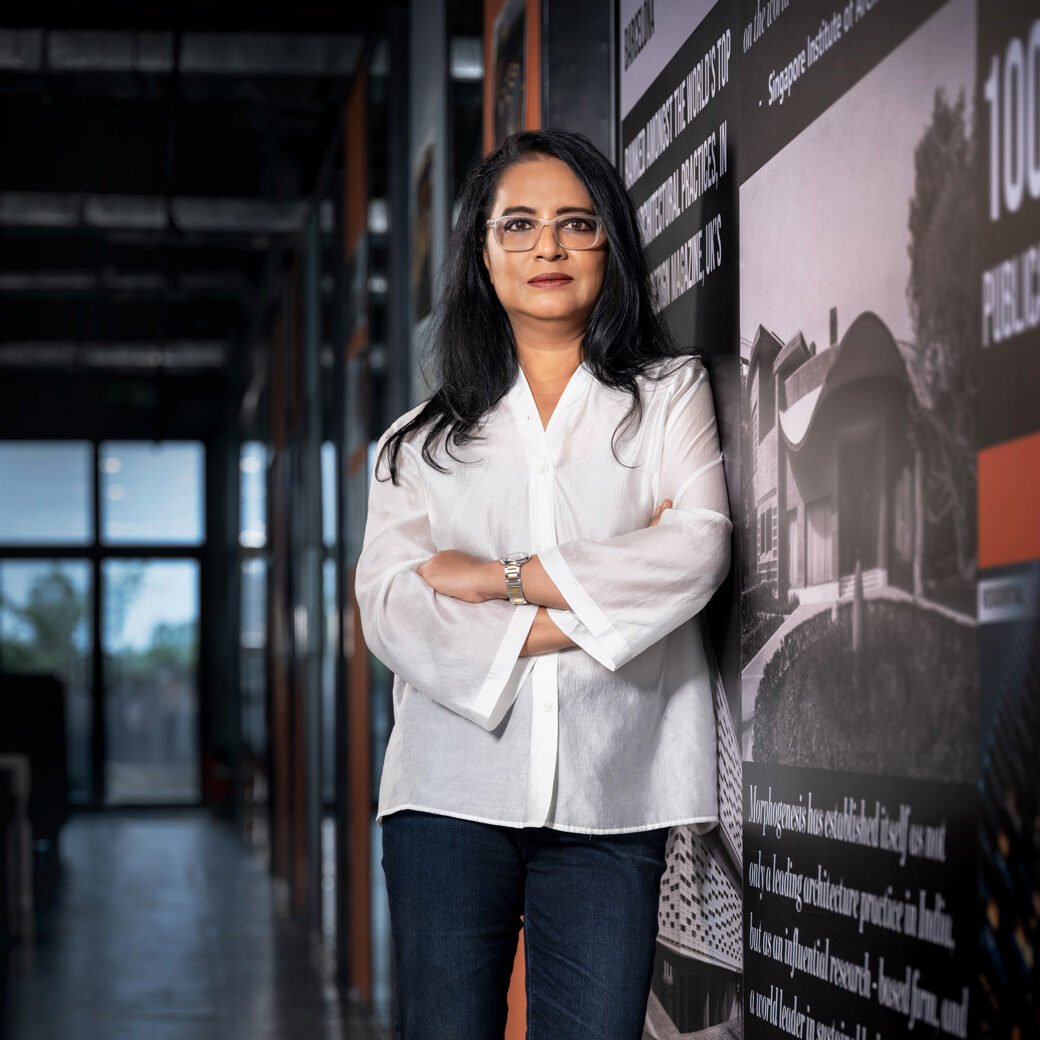Dosti Realty’s Deepak Goradia – Chairman and Managing Director, Anuj Goradia – Director and Shraddha Goradia – Director, share their view on trends influencing the real estate sector.
By Nichola Marie
The real estate sector in India is seeing a boom. Do you foresee longterm growth?
Housing is — and will be — the most basic need of humans, and the demand is going to be eternal. Post the pandemic, the real estate sector in India is indeed experiencing remarkable growth. The mood is optimistic and we anticipate long-term growth due to urbanisation and favourable government policies promoting housing and infrastructure development.
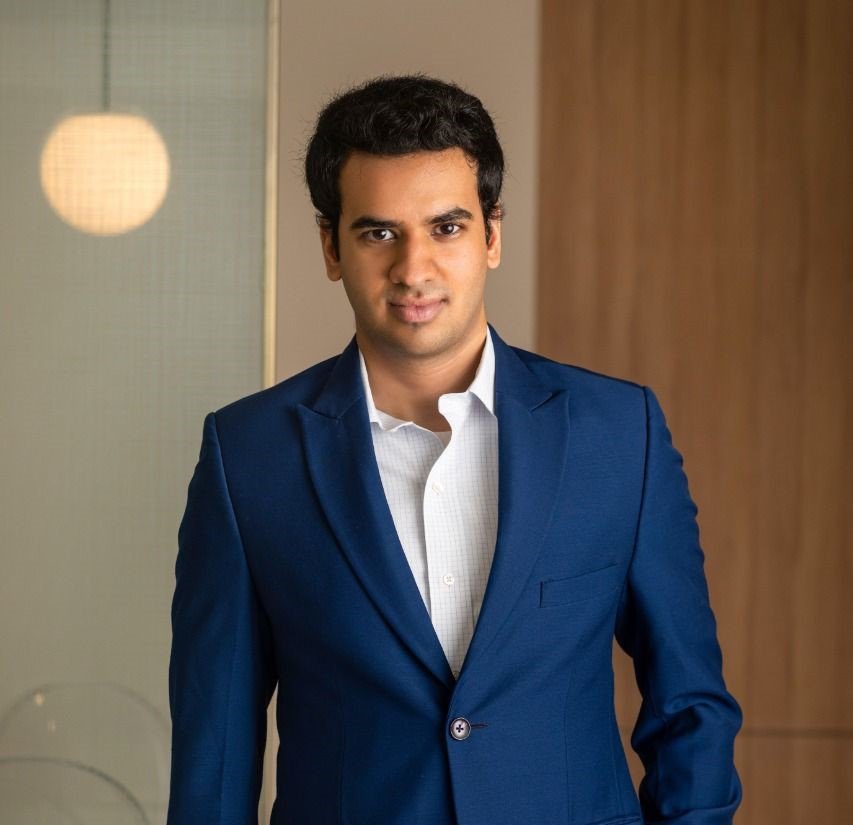
India has been growing at a rapid pace for the last five years and is poised to become a US$5 trillion economy by 2027. The rise in GDP and long-term investments in all sectors like manufacturing, IT, services, and infrastructure have led to job creation and rising disposable incomes, leading to higher savings and investments. The long-term outlook of India as the third biggest economy by 2030 will spur long-term demand for real estate. Real estate trends, as an asset class, are cyclical with a seven to ten-year outlook and we are currently in the third year of the upward trajectory. There is further scope to grow currently before the bell-shaped curve is created.
What are some of the trends that are bound to influence the real estate sector in the future?
Sustainability, green lifestyle living, technological advancement, government policies, and consumer preference are all factors that could shape real estate’s future direction.
What are your views on the following trends…?
Digital house hunting:
It is becoming increasingly popular due to convenience and accessibility. In this day and age, where people are on their phones almost 24×7, they can view any and everything about a property at the click of a button. Digital marketing can help one shortlist options; however, real estate being a high ticket-size purchase that will last a lifetime, people still want to visit the property once before making a purchase.
Migration/ transition from cities to suburbs:
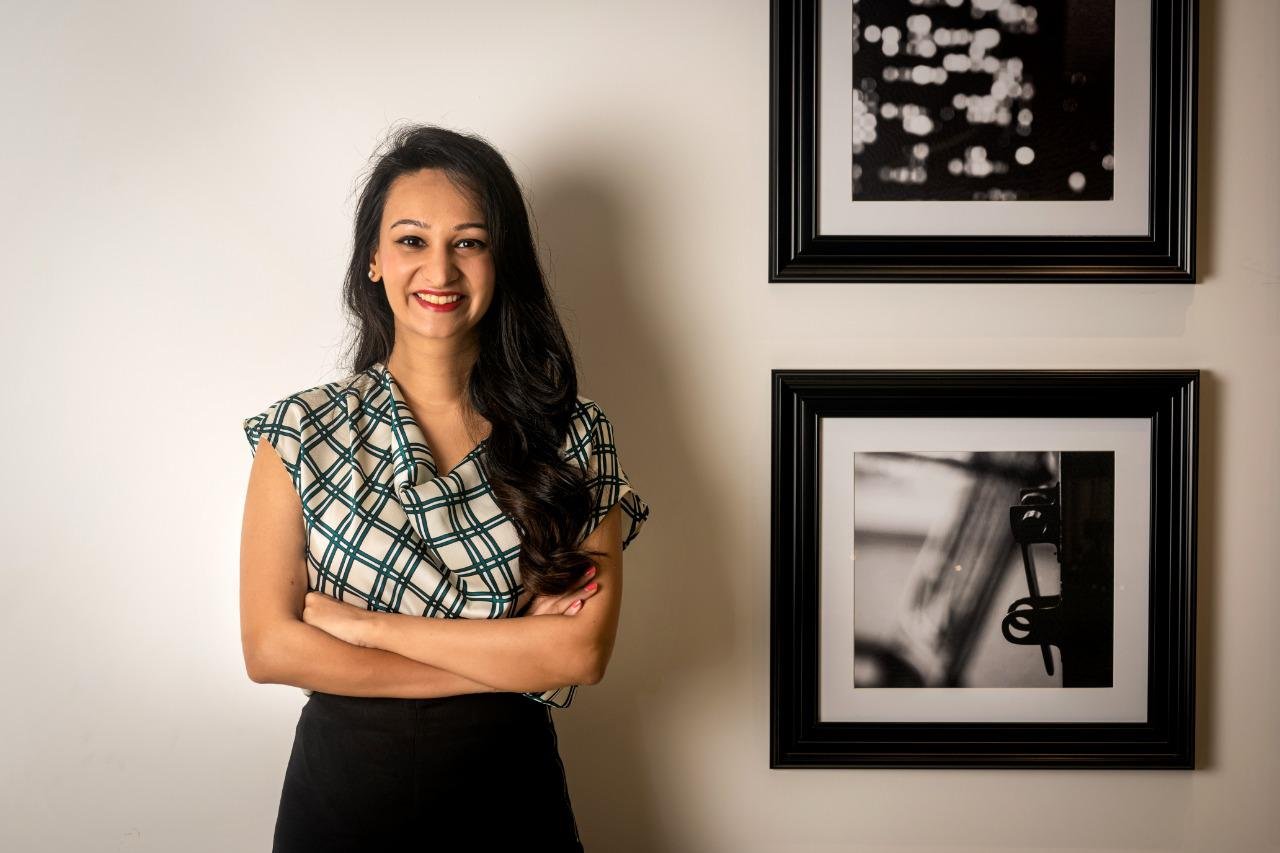
Post-Covid, there has been a significant transition in the way people think with respect to work culture as well as lifestyle changes. With a remote working culture gaining momentum, the increasing large-scale developments with an all-inclusive lifestyle in the extended MMR region, and the desire to own a home as a lifestyle as well as an investment option, this is a step in the right direction. Also, given the number of infrastructural projects in the pipeline, decongestion of over-populated micro-markets is likely to occur.
Rise in price of residential properties:
Per se, the rise in price of residential properties across India has been sustainable in sync with higher construction and approval costs. We do not feel that the price rise will have much effect on rising demand. At the same time, there are many select pockets in Mumbai where the price rise has been phenomenal due to a lack of grade-A developer supply in the micro market. Almost all ready-possession properties have seen a price hike of 12%-15% in the island city.
Increase in mortgage rates:
The pandemic, global macroeconomic forces, and geopolitical tensions have led to an increase in interest rates. Across the globe, both bank interest rates as well as home loan interest rates have started to rise but by a marginal extent. Disposable incomes of people have also increased and this is a cyclic phenomenon. Even though there is a pinch on the home buyer, there has been a negligible effect on the volume of home sales.
Decline in the rental property market:
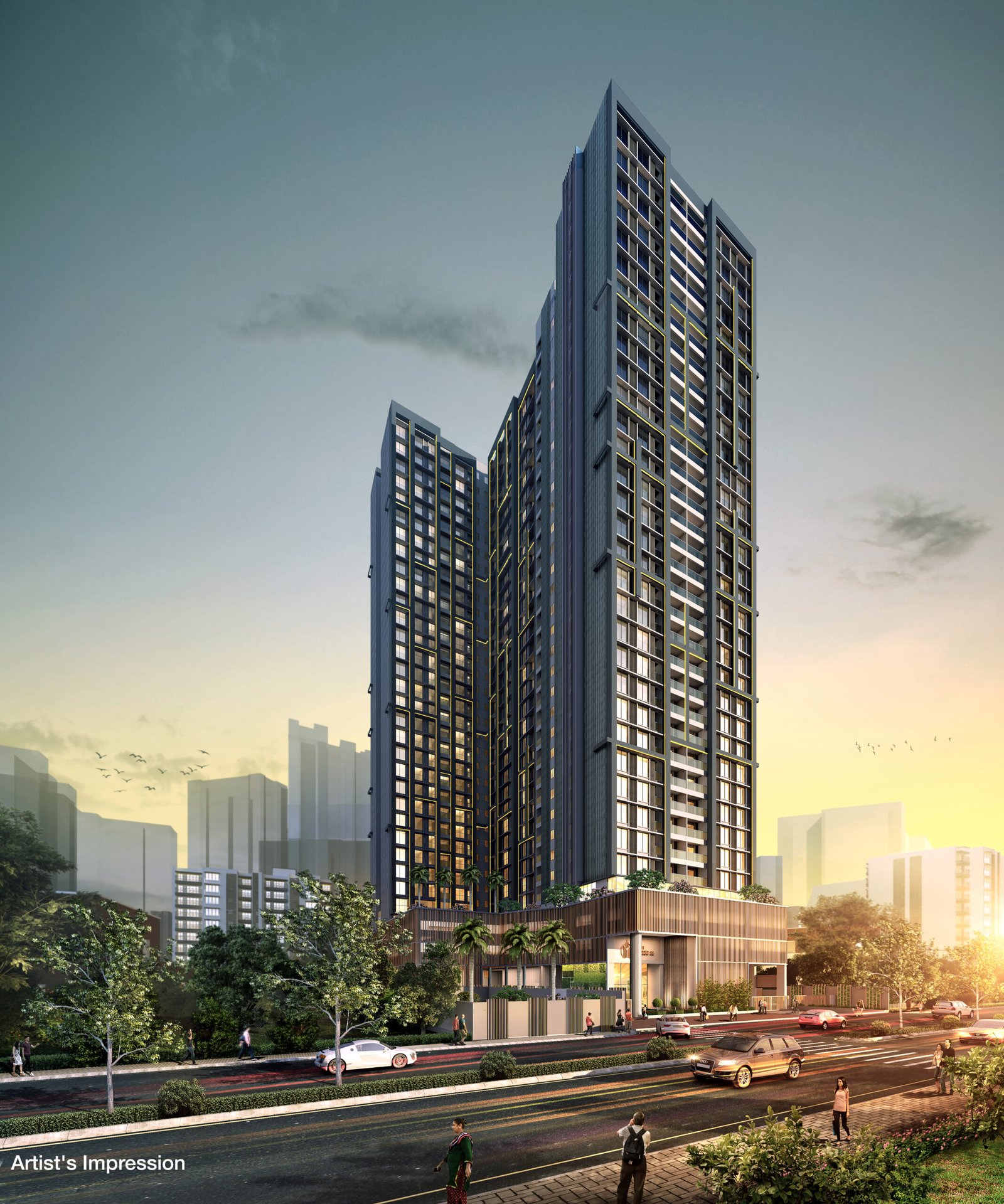
During the pandemic, a positive need for owning one’s own home has been felt and there has been demand from end users for residential properties. A safe haven for one’s family has been a driver for residential demand. But for nuclear families or young couples, or people who have to migrate to other cities for their jobs, rental properties are preferred by them. Similarly, this is the case for student housing. So, there is equal demand for both end-users as well as investors in the housing market.
Can we expect more homes equipped with solar panels, rainwater harvesting systems, and energy-efficient appliances this year?

Having a green-compliant home is no longer considered a luxury but a mandate for any good real estate brand. Use of solar panels, rainwater harvesting, energy-efficient fittings/ fixtures, and recycled/ reusable materials to cut carbon footprint, etc. align with global sustainability trends. Dosti Realty strives to provide various green features in most of its projects basis the existing ecosystem and area available.
What are some of the sector’s current challenges, and what is the way forward?
Challenges include supporting basic infra for townships in the peripheral locations, construction costs, approval costs, and infrastructure development. The way forward involves streamlining regulations, focusing on affordable housing and sustainable urban planning which is already in the pipeline by the authorities.
What are some positive trends across the top cities in the office space segment?

Positive office space trends over the past two years encompass flexible work setups, cuttingedge amenities, use of technology and a strong focus on sustainable design by combining physical and digital working aspects.
In a post-Covid world, there is a growing need for health and fitness centres in housing complexes. How is this need being fulfilled?
The increasing demand for health and fitness centres and green spaces drives developers to adapt to these changing preferences by incorporating various wellness features into their projects. There is an equal if not higher weightage that is being given to outdoor spaces, especially in large-scale projects where this is possible to help promote physical and mental well-being. There is a more holistic perspective in designing be it internal or external amenities by creating multifunctional spaces.

Given the hybrid working system, do you see a growing integration of shared office and living spaces? Is there a demand for co-working spaces in residential projects?
We feel hybrid working space, integration of housing and office spaces, walk to office culture will be required in the near future. This has been a trend in cities like Bangalore, Hyderabad, Pune where IT, R&D, Consulting and BFSI industry has created huge demand for residential properties. This trend is slowly catching on even in other top metros and keeping this in mind, we planning on incorporating this in our larger scale developments.
What are some of the tech advancements that are giving a rebirth to India’s real estate sector?
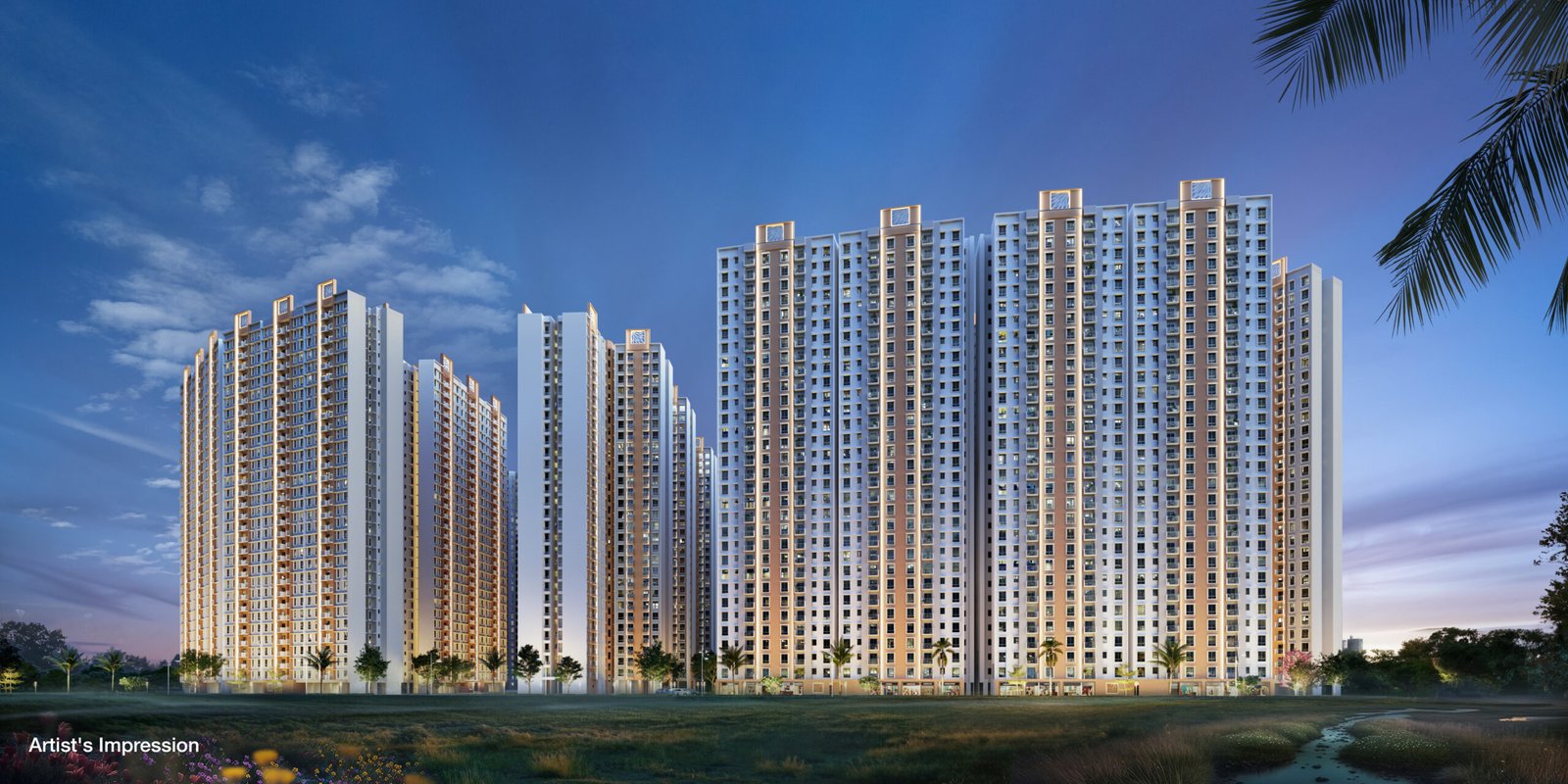
There are several technology advancements happening in real estate in all its areas, starting from architectural technology, design, BIM (building information modelling) estimation, and 3D printing to marketing and sales like VR/ AR-driven virtual tours, AI-driven property marketing, and drone footage for sales. Formwork technology is undergoing a change year on year. Smart metering systems for power and water, new eco-friendly, and reusable materials in construction as well as safety and security features, are a few other tech advancements.
What is your opinion on the emergence of township projects?
Township projects are popular due to their self-contained amenities, aligning with modern homebuyers’ convenience and lifestyle preferences. Dosti Realty prefers the development of township projects due to effective planning, an abundance of social infrastructure like schools, medical centres, shopping and retail, clubhouse, and commercial spaces along with lifestyle amenities. We are developing large townships at Dosti West County, Balkum, Dosti Planet North, Shil Thane and Dosti Greater Thane, Kalher in MMR
Do shed light on your ongoing and future projects.
Dosti Realty offers diverse residential projects meticulously designed for various budgets and preferences across the Mumbai Metropolitan Region and Pune. In Mumbai, Dosti Eastern Bay (Wadala), Dosti Mezzo 22 (Sion), and Dosti Oro 67 Kandivali are our under-construction luxury projects. Dosti Eden, Dosti West County, Dosti Greater Thane and Dosti Planet North are our Thane and beyond projects. Besides this, Dosti Realty recently forayed into the Pune real estate market. Other than this, we have multiple cluster redevelopment, 33(7), projects, slum rehabilitation projects 33(10) and society redevelopment projects 33(7)B / 33(11). Our cluster projects are coming up at Lower Parel, Dadar, and Byculla, and our slum rehabilitation projects are coming up at Wadala and Dahisar. We have recently forayed into society redevelopment with the attractive 33(11) scheme and will be executing small-scale luxury projects in Thane. At the same time, we are exploring a range of opportunities across the island city, be it in 33(11) or 33(20).
What has been the journey of Dosti Realty from inception across generations and where does it stand today?
Dosti Realty was established in the mid-1970s by Kishan Goradia. Following this, Deepak Goradia and the extended family joined the business in their college days and this is when the business truly transformed. From delivering one project of six to seven floors, within three years the group started to acquire organised industrial land parcels in the city of Mumbai. With a well-planned design construct, Dosti Realty started to deliver holistic living communities with large open spaces and a clubhouse which was truly a first in the city of Mumbai amongst developers for the residents. The first clubhouse in Mumbai at Dosti Acres was inaugurated by Deepak Parekh, Chairman of HDFC Ltd. When the company was growing in mid-1990s we used to work under two names – Maitri Land Developers for the Thane projects and Dosti Land Developers for our Mumbai projects. Over the years, we decided to merge both the companies and operate as Dosti Realty
The glorious journey of Dosti Realty started in the year 2001 when we began to acquire factory lands in the city of Mumbai. We started this journey by acquiring Skanska India’s land in Wadala where we built Dosti Acres where more than 1200 families currently reside across 16 acres of development amongst 18 towers and the last one going up being Dosti Ambrosia where we delivered Wadala’s first roof top swimming pool on the 38th floor. We also delivered a marquee development at Sion known as Dosti Elite and Dosti Flamingo at Parel Sewri where top notch bankers, fund managers, and private equity experts reside. These years were extremely efficient as we were able to acquire lands, get plans sanctioned, kickstart the project in three to four months, achieve completion within three years, and also give a phenomenal return of 200% to 300% to our homebuyers as well as investors due to the astronomical price appreciation in the city of Mumbai from 2003-2007.
We further delivered Dosti Vihar in Thane at Pokhran Road No. 1 which consists of 1800 flats in a 14.5 acre development. This was the first project where we decided to use aluminium formwork to speed up our project delivery cycle. Simultaneously, we were working on and constructing Dosti Imperia at Ghodbunder Road which sits on an 8 acre land parcel consisting of luxurious high-rise buildings where over 700 families reside and we have a commercial development in front of the building with an array of restaurants, gyms, medical clinics, jewellery stores and car showrooms.
In the year 2014 and 2016, Shraddha and Anuj respectively joined the family business after a well-rounded undergraduate education from USA. Shraddha studied business administration from Loyola University, Chicago and, to further her business acumen, completed her Masters in construction management from the prestigious Columbia University, New York in 2020. Anuj studied civil and environmental engineering at Pennsylvania State University and then worked in the UAE with a general contractor for a few months before moving back to India and joining the family business towards the end of 2016. The discipline, organisation skills, people and communication skills learnt throughout their upbringing have helped grow the organisation to a new level over the last eight years. The company has been rapidly expanding along with implementing major shifts in technology across all spectrums be it in technology upgradation, sales, construction, marketing, and customer centricity.
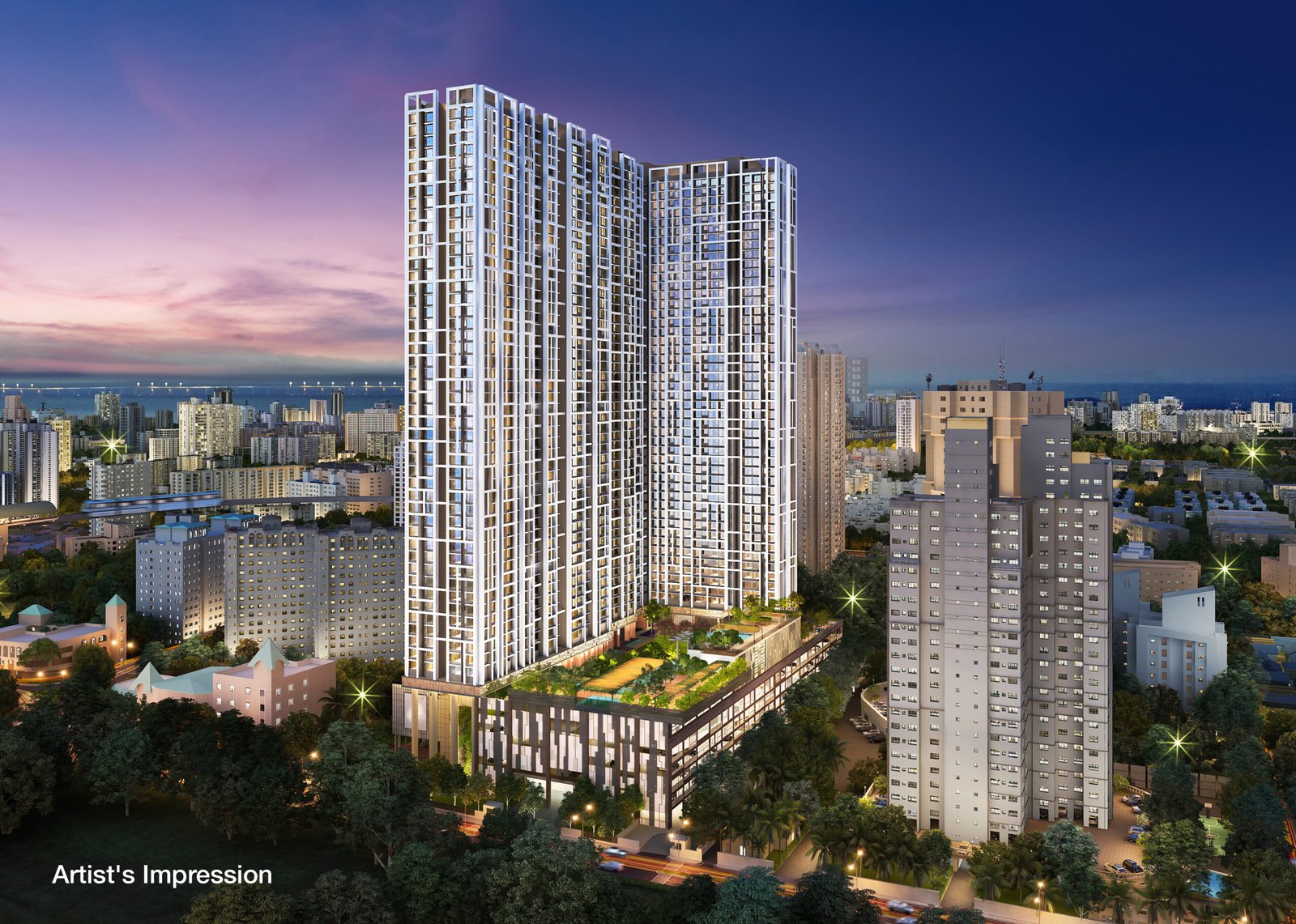
Today, having been in the business for over four decades and delivering more than 129 properties encompassing over 11.70 mn.sq.ft., Dosti Realty is constructing currently over 21 mn.sq.ft. across Mumbai, Thane and Pune.
As on date, Dosti Realty is selling about 2 mn – 2.5 mn sq. ft. a year with about 2000 homes being sold every year.
We have multiple cluster redevelopment projects 33(7), slum rehabilitation projects 33(10) and society redevelopment projects 33(7)B/33(11). Our future prospects include project that will be coming up at Lower Parel, Dadar, Byculla, Borivali, Goregaon, Wadala & Dahisar. We have recently forayed into society redevelopment with the attractive 33(11) scheme and will be executing small scale luxury projects in Thane city. We are at the same time exploring a range of opportunities across the island city be it in Greenfield land parcels or Society Redevelopment at premium locations.



